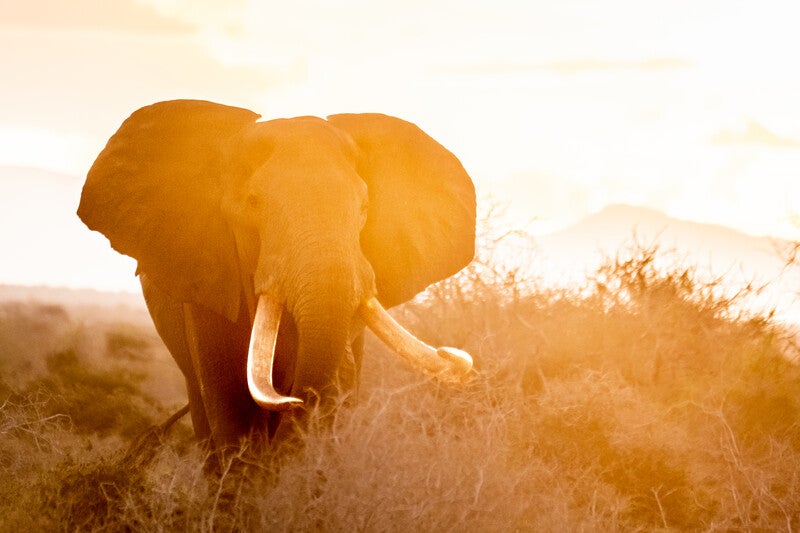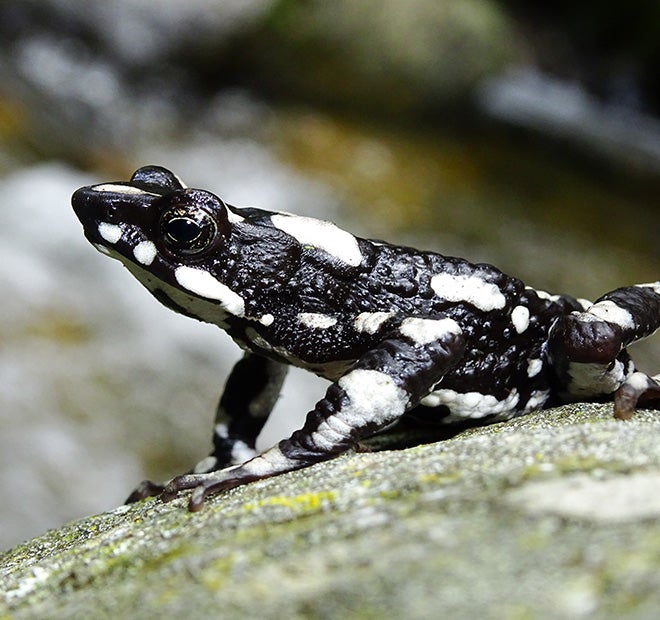elephant crisis fund
Five years ago, every 15 minutes, an elephant was killed for its ivory tusks. That is nearly 100 elephants per day, more than 33,000 per year. Elephants are deeply emotional and intelligent animals with strong family bonds that last their 70-year lifespans. This crisis is not just tragic for the thousands of slaughtered elephants and their family members, it has dramatic consequences on the natural ecosystems of Africa and Asia. Elephants are considered nature’s greatest engineers — building pathways and clearing brush that allows thousands of other species to flourish. Without elephants, natural ecosystems can quickly fall into disrepair, which creates further food insecurity for local human communities. Even worse, ivory has been shown to be used by multinational crime syndicates to fund their operations and has been linked to the trafficking of weapons, drugs, and human trafficking.
The Elephant Crisis Fund (ECF) directly supports the best efforts from organizations working to save elephants, giving organizations large and small access to emergency funding and innovative technology to conserve and manage elephant populations. Led by Wildlife Conservation Network and Save the Elephants, with support from Re:wild, the ECF is nimble and highly efficient, with 100% of donated funds going directly to actions to save elephants, and zero overhead.
Organizations supported by the ECF have made great strides in elephant protection. In more and more core elephant areas, even in some isolated ones, territory is being reclaimed from the poachers. ECF has provided air support, radio communications, and specialized training for anti-poaching rangers in the field, as well as radio-collaring of elephants so rangers can track their locations and provide “close protection” services. The ECF has also supplied specialized software and hardware that enable rapid reaction units to use intelligence gathered from informer networks to guide their missions. Thanks to some of the best people and organizations in the business, this integrated approach is now working in Africa’s forest environments where movement, observation, and communications are much more challenging than in savannahs.
In a number of countries and across many borders, ECF partners’ anti-trafficking work is leading to a clearer understanding of the illegal trade networks and how to stop them. Law enforcement agencies, and their special units within the police or wildlife authorities, have been supported by collaborating nonprofits, which help to strengthen their capacity and hone their skills, resulting in an impressive increase in arrests. With training of prosecutors and the judiciary, these arrests are increasingly leading to far greater sentences—making these actions against elephants a serious crime.



